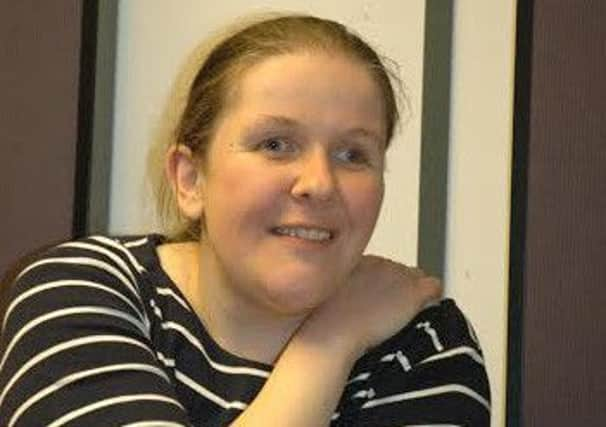Researcher out to tell story of blind life in Victorian era


Victoria Ross, a post-graduate student at Napier University, has sight loss herself, the result of a brain tumour in her teens.
She has volunteered for the past year as one of a team of eight researchers taking part in a project established by the charity RNIB Scotland.
Advertisement
Hide AdAdvertisement
Hide AdThe project has explored what it was like to be blind and partially sighted in late Victorian and Edwardian Edinburgh and the south-east of Scotland.
Its findings are now being made public in the form of a book and series of podcasts.
“The project caught my interest because I have had a long standing interest in history, particularly social history,” said Victoria, 30, who is studying for a diploma in vocational guidance.
“I also enjoy research, and have had plenty of experience in that, both academically and as a volunteer.
Advertisement
Hide AdAdvertisement
Hide Ad“I enjoyed the process of sifting through the register entries as I’ve tried to find information in the census records. This has brought up stories that were surprising, pleasing and sometimes sad. I was surprised at the very diverse nature of the visually impaired population in this period, and also the transient nature of some of their lives.”
The story that touched Victoria most was one that started in the Borders, and ended in Edinburgh - the story of John Richardson from Roxburghshire.
“This is the story I talk about personally in one of the podcasts,” she said.
“Despite his sight loss since childhood, John started his career full of promise after leaving the blind school in Edinburgh.
Advertisement
Hide AdAdvertisement
Hide Ad“But at some point in his adult life he fell into the trap of alcoholism, which in the end led to his downfall. While I can never know why this happened to him, I experienced a sense of empathy for John as I imagined what it may have been like for a boy who grew into manhood away from home, and who may have gone astray as a result of this.”